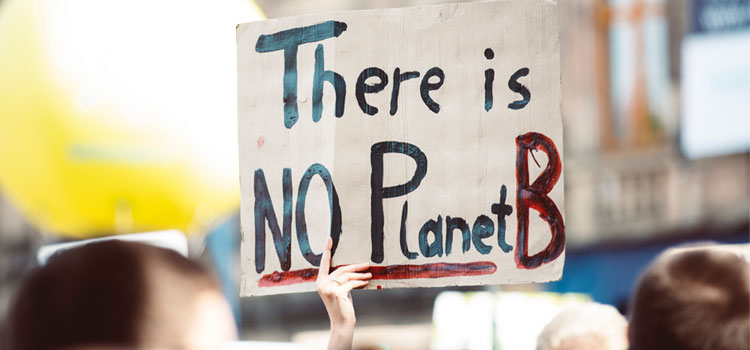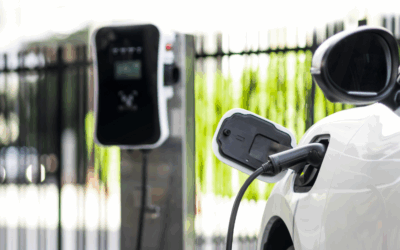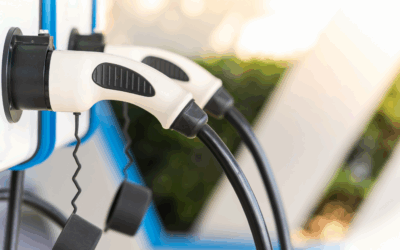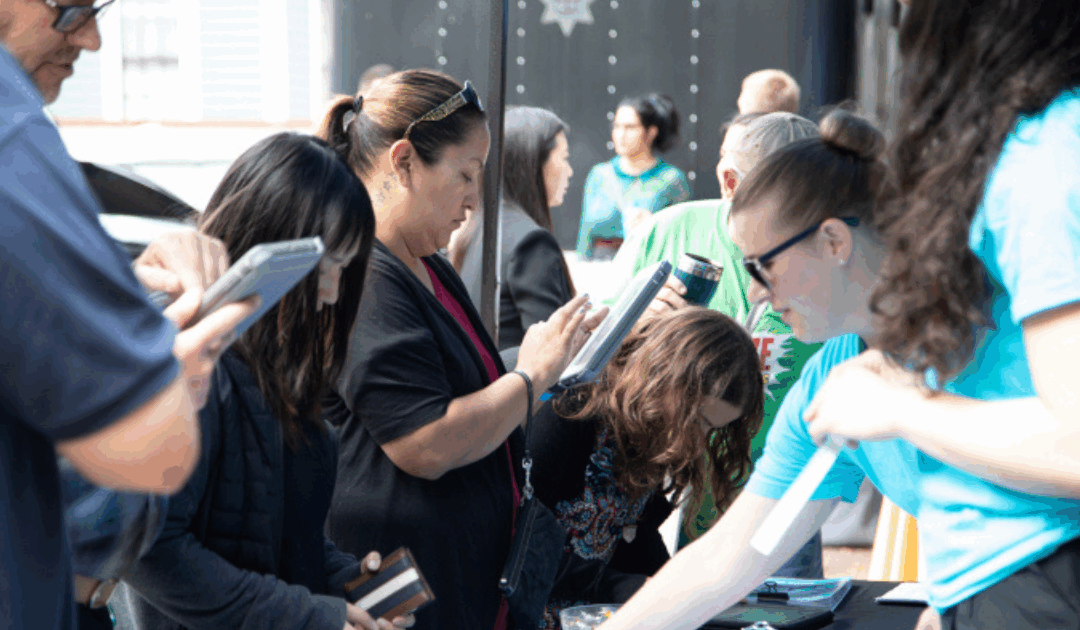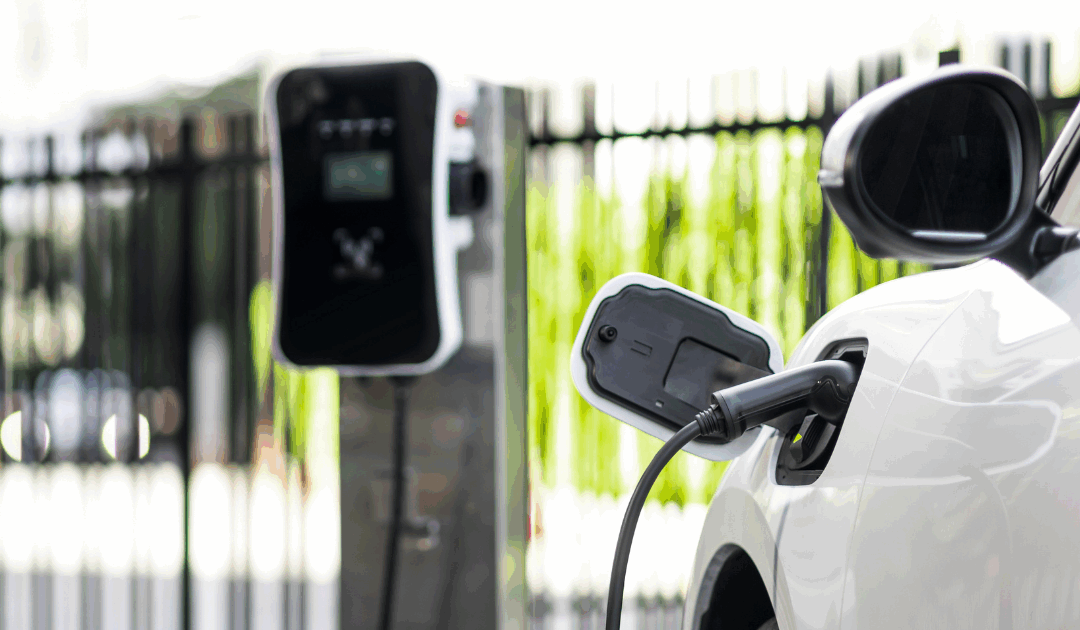What Does Sustainability Mean to REACH? Part Two: Looking to the Future
In this second part to our discussion on sustainability, the REACH team explores the future of sustainability, in terms of policy, hope, and where their own focus lies.
Happy Earth Month!
When did climate change become real to you?
AS: When it became “real” was when I was living in Australia. The ozone layer depletion over Australia is a serious concern and has real-life consequences for residents.
CC: Similar to Amanda, it was when I went to Australia with my wife. She’s born and raised there and I’ve now been twice. Seeing a country work so well with so many amazing earth friendly lifestyle changes that I’ve never seen was life changing. It’s so clean and people don’t think twice about taking care of their country and world.

Image by Arthouse Studio, Pexels
KB: I was in my first job in DC and it struck me that sorting out climate pollution was going to be one of the most important things that was going to confront us during my lifetime. So, it seemed like the right thing to work on.
LD: Probably about 15 years ago, when I started some deep learning about fracking and the harm it causes to communities. That led to learning about factory farming and the many ways our systems are built for short-term gain and harmful environmental impacts.
SF: Summers in Texas. When the count of 100º+ days goes over 90 (2011) you know something has been altered. Our average for the Austin area is 34 days per year.
AR: While I have intellectually understood the threat for a long time, I think the continuing natural disasters coupled with the pandemic made me realize we really have a very short time to try to turn things around.
MB: After Hurricane Sandy in New York, it really hit me that climate change completely exacerbates natural disasters, and that time is running out to make the changes needed to combat it.
FO: I added an ENVST concentration in my undergrad and in doing so I found myself learning more about the range and scope of climate change, specifically the intertwining of our environment and social injustice.
KM: Over the past few years with California going up in flames it has definitely become more real to me. I think a big thing with any issue that arises is people have trouble acknowledging it if it doesn’t directly affect them.
In what ways do you feel supported and not supported by your local government when making lifestyle choices to slow climate change?
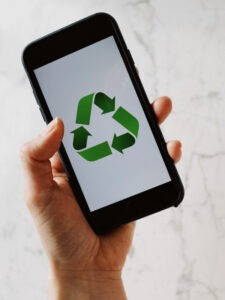 AS: My local government could be doing a lot more to support solar and transportation electrification. As we well know, incentives and education and outreach programs are key to transitioning to renewable energy and clean transportation.
AS: My local government could be doing a lot more to support solar and transportation electrification. As we well know, incentives and education and outreach programs are key to transitioning to renewable energy and clean transportation.
CC: Sustainability initiatives aren’t plentiful in my part of the country. Outside of typical recycling options, there isn’t a lot of support from the local government. EV Charging stations have started to appear, so I am hopeful that change, even at a glacial pace, is on the horizon.
ES: Being a renter in Chicago, my last building did not participate in a recycle program making it difficult for those of us who wanted to recycle to do so. Thankfully, our new building is fully supportive with a recycle program and bins provided.
LD: I would like to see a composting program for all the residents in our building and our landscaping crew, and EV charging stations and secure bike storage added to our garage. Since these are not mandated/funded by our state/local governments, this is met with resistance by our building’s HOA.
SF: I like the idea of the tax incentives to help in purchases of clean energy items. Recycling systems are great, but are needing more improvement. They need to be able to take a wider variety of items.
FO: I’m interested mostly in the state level government actions against climate change – which seems to move a little faster than federal policy. I feel much more supported by grassroots organizations and individuals rather than the actual policies.
What keeps you optimistic for the future?
 AS: The work we do everyday.
AS: The work we do everyday.
CC: The fact that other, more progressive countries are the ones leading the charge makes me hopeful that others will follow suit. I think over the next few years with new sustainability-friendly legislation and incentives on the horizon, we will see a shift in the paradigm.
ES: I truly believe that people are much more aware of the grave situation we are in if we don’t take action. I believe people are more willing to adopt sustainable ways of living and that makes me optimistic for the future.
KB: I wonder, have you met any of my colleagues? Or the people we work with and for? And, frankly, I have no doubt that my daughter and her peers are bringing a world of positive change with them. Let’s keep it going!
LD: Talking to my children – they are energized and optimistic about creating real change for a sustainable way of life.
SF: My daughter and her generation. I am constantly amazed by the ingenuity and passion of this group.
AR: The many passionate, hard working people I work with at REACH Strategies and our partners, vendors, and the communities we are privileged enough to do this work with.
MB: Greta Thunberg, hands-down. Groups like Extinction Rebellion, whose Vancouver branch’s social media is run by my best friend, are doing fantastic and necessary work to bring awareness and action.
FO: I stay optimistic about the next wave of environmentally conscious individuals. Knowing my peers, I feel as though there is a change coming in branding of climate change.
KM: As an intern at REACH Strategies I have definitely been enlightened. I have become more aware of environmental issues but also the amount of people working to fix them and that keeps me optimistic.
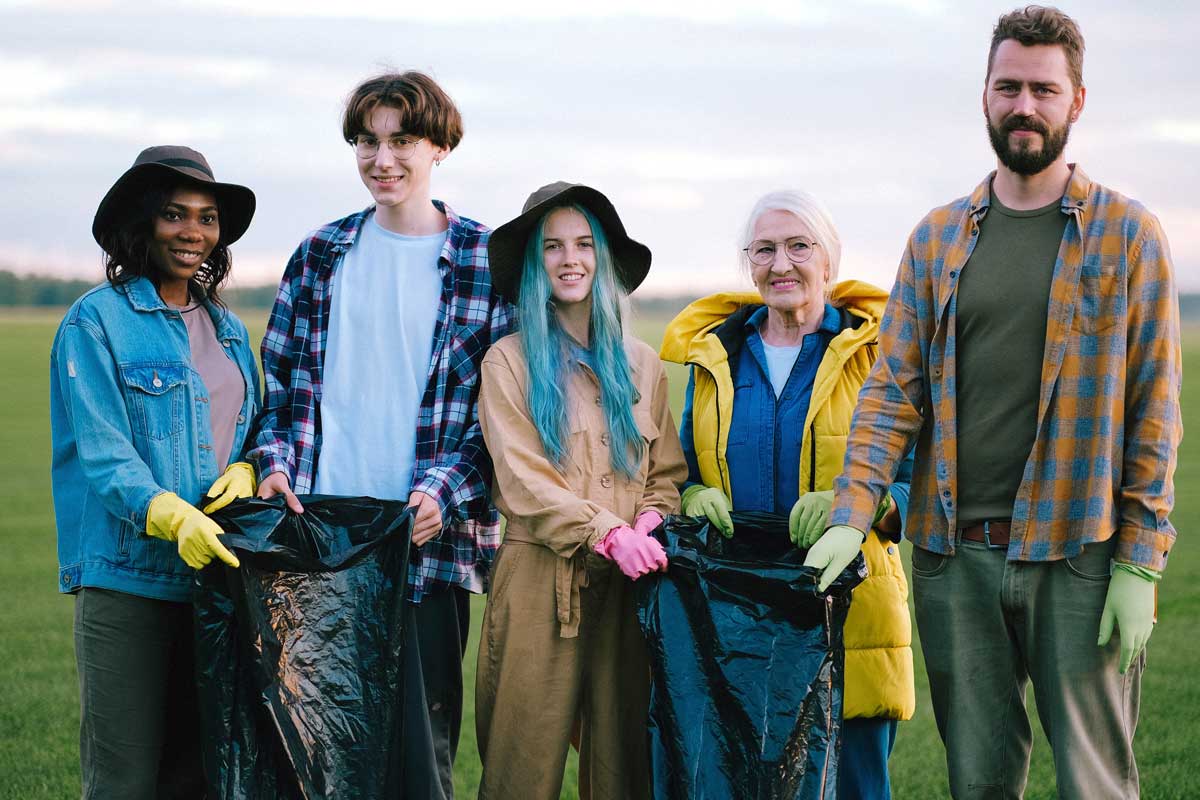
Image by Anna Shvets, Pexels

